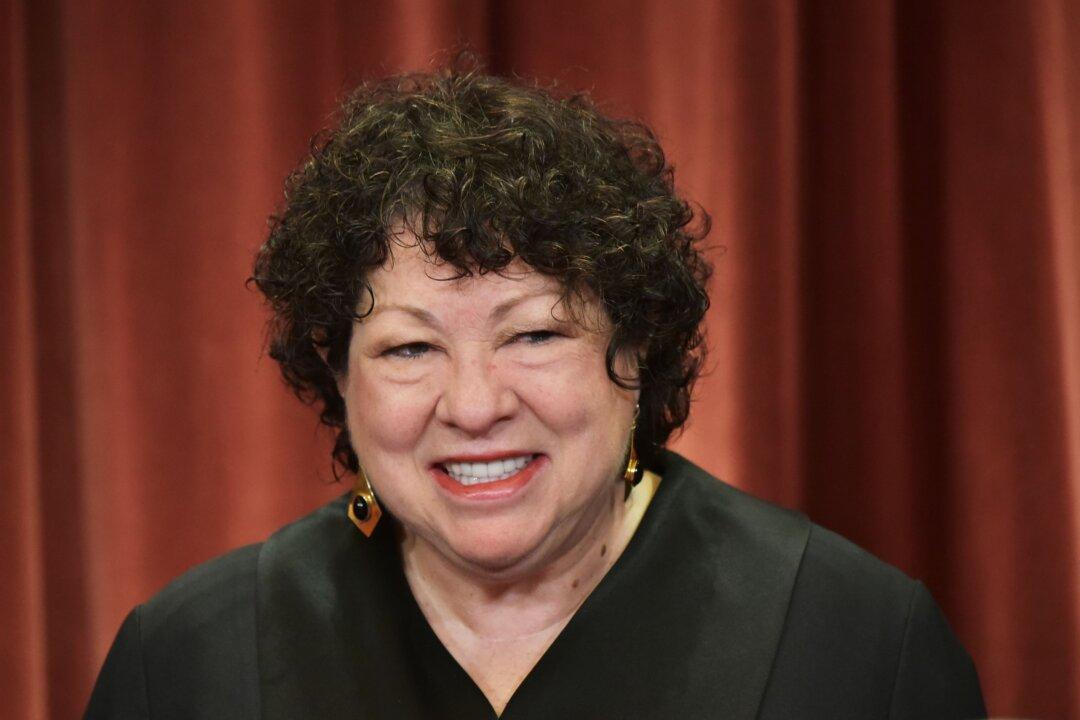U.S. Supreme Court Justice Sonia Sotomayor decided on Feb. 3 to rescind a temporary stay that had prevented a second fraud trial for four New York businessmen whose convictions were overturned by the high court in 2023.
The men were connected to the scandal-plagued “Buffalo Billion” development plan in upstate New York.





